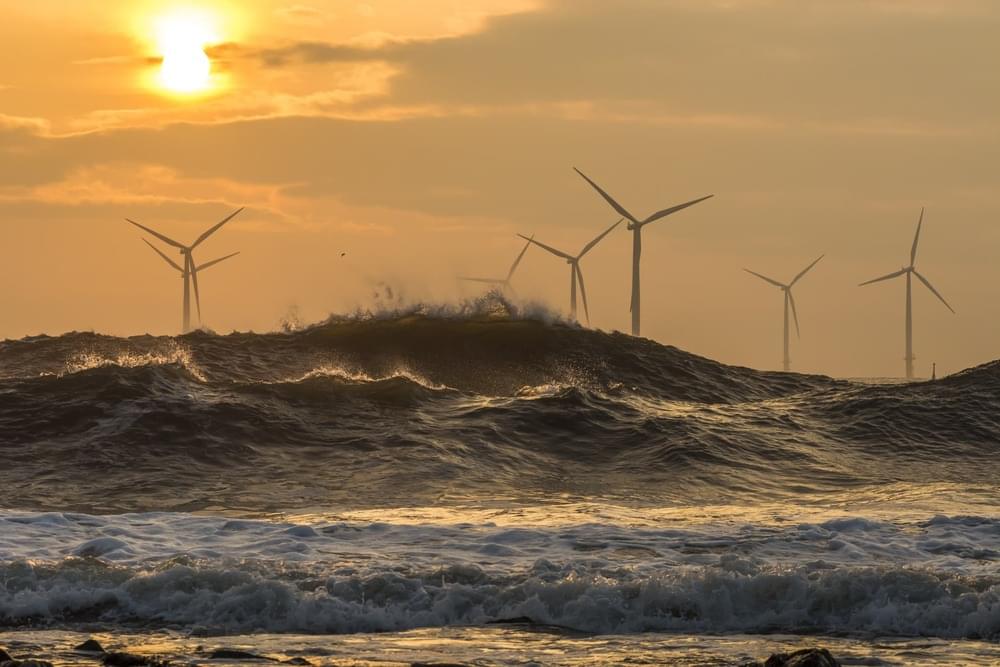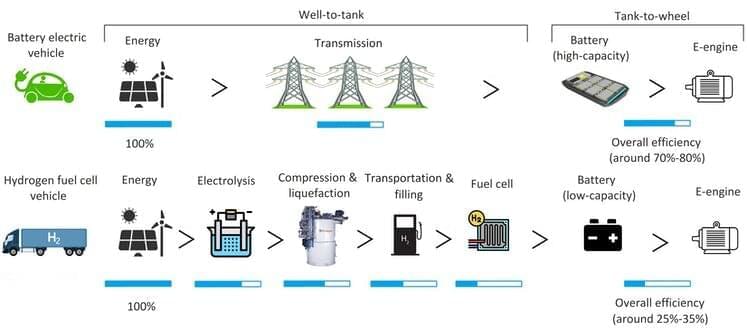The world wants to “transition” away from fossil fuels toward green energy, but the difficult reality is this: Dirty fuels are not going away — or even declining — anytime soon.
The total amount of renewable energy that’s available is growing. That’s good news for a world threatened by potentially devastating climate change.
But the increase in renewable energy is still lower than the increase in global energy demand overall. A “transition” from fossil fuels may come someday, but for now, renewable energy isn’t even keeping pace with rising energy demand — so fossil fuel demand is still growing.









